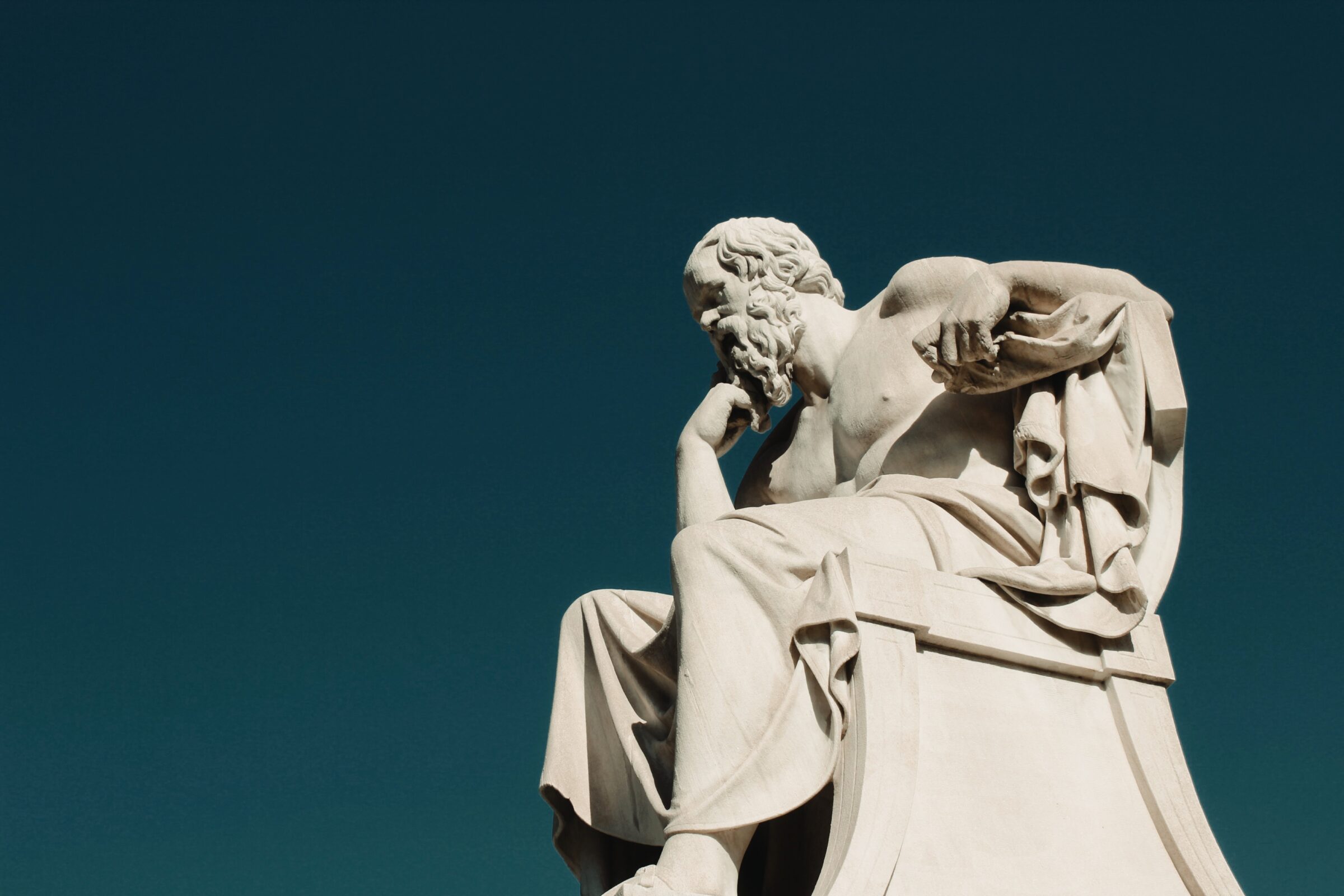The Bottom Line Classical Education Is Booming, but What Is It Exactly?
Originally published at Real Clear EducationNew classical schools have been launching at an average annual growth rate of nearly 5% over each of the past four academic years, according to a recently released report by Arcadia Education. However, the report recognizes the boom of K-12 classical education extends far beyond the launch of new schools. Existing schools have experienced a waitlist enrollment demand. Classical microschools are popping up nationwide. Online, hybrid, and homeschool learners are utilizing classical education more.
There is a buzz around classical education, and more Americans than in decades past view this educational approach as superior to alternatives. A growing number of parents covet it for their school-age children. Yet, when asked, most people can’t articulate what classical education entails exactly.
For some, the Trivium comes to mind, which includes three stages of the K-12 learning years: Grammar, Logic, and Rhetoric. Typically, the Grammar stage takes place during the elementary school years with a focus on students learning facts and gaining knowledge. The learning content is sometimes presented in song or chant to aid in memorization.
Next, the Logic stage generally occurs in the middle school years, starting in either fifth, sixth, or seventh grade. The learning emphasis moves from accumulating facts to higher levels of thinking, including understanding (comprehension), application, and analysis. Students develop critical reasoning and debate skills.
Finally, the Rhetoric stage, most commonly during the high school years, continues the higher-order thinking progression. Students are guided toward developing wisdom as they synthesize and evaluate information. Communication and critical thinking skills gained during the Logic stage are built upon as students enhance their capability of expressing their ideas with clarity and learn skills in Socratic questioning.
Yet, there is debate concerning the separation of these three stages. Some argue that each element of learning is present at each stage.
It is no wonder parents are looking for alternatives, and classical education — in stark contrast to the lack of quality education provided by traditional public schools — has garnered their attention as well as the admiration of everyday Americans.
Keri D. Ingraham
Classical education prioritizes providing students with academic rigor. It also emphasizes ethical and character development. The degree to which a Judeo-Christian worldview is incorporated varies, as classical schools range from non-religious (both in the public charter school arena and the private school market) to Catholic or other Christian affiliations.
Arcadia Education states, “Classical institutions, while distinct, share fundamental philosophical and anthropological principles that influence their curriculum, pedagogy, and culture.” They have observed that classical education seeks to “cultivate individuals of virtue who can: think, speak, and write with clarity; are grounded in the Western intellectual and moral tradition; and perceive the world as an orderly and comprehensible reality.”
Ancient history and the study of civilizations are foundational in classical education. Literature is another priority within a classical education. For example, emphasis is given to the reading and study of the Great Books, which include the authors: Homer, Plato, Aristotle, Augustine, Thomas Aquinas, Chaucer, Machiavelli, Shakespeare, Galileo, Milton, Pascal, and Newton, among others.
The phrase: ‘the Good, the True, and the Beautiful’ is often associated with this educational philosophy. The well-known classical liberal arts higher education institute Hillsdale College explains the three components of the phrase as follows:
The good of any thing is found in its ability to accomplish what it was created for…to realize its purpose for existence as intended by its maker. Only in this realization can something truly be called “good.” “The good” is possible only in the light of truth. Not truth as it is often defined today, by personal preference or popular consensus, but truth as it is…independent from opinions and emotions. And where goodness and truth exist, there you will find beauty….Our purpose is to seek truth, in order to discover and to act on what is good and beautiful in this life.
Hillsdale College
The classical education approach, with its associated learning content, has far-reaching benefits for students and their families. As outlined by Arcadia Education’s assessment, the primary benefits include students developing their morality, pursuing a life of value, and recognizing the importance of civic life. Additionally, classical education upholds family values, sets high expectations, emphasizes intellectual development, and prepares students for life and vocational success. Finally, students are encouraged toward becoming lifelong learners.
Today’s government-run, union-controlled traditional public schools are failing to effectively educate the majority of students in core academic content. They are infiltrating the school day with a far-left political agenda, including labeling students based on race, and sexualizing children. It is no wonder parents are looking for alternatives, and classical education — in stark contrast to the lack of quality education provided by traditional public schools — has garnered their attention as well as the admiration of everyday Americans.
More states would be wise to break down the K-12 public education monopoly and empower parents to select alternatives to their district-assigned public schools. And, now is the time for education entrepreneurs to grow the supply of classical education in all its delivery model forms to meet the growing demand. Classical education isn’t going away, and this might just be the beginning of the boom.


